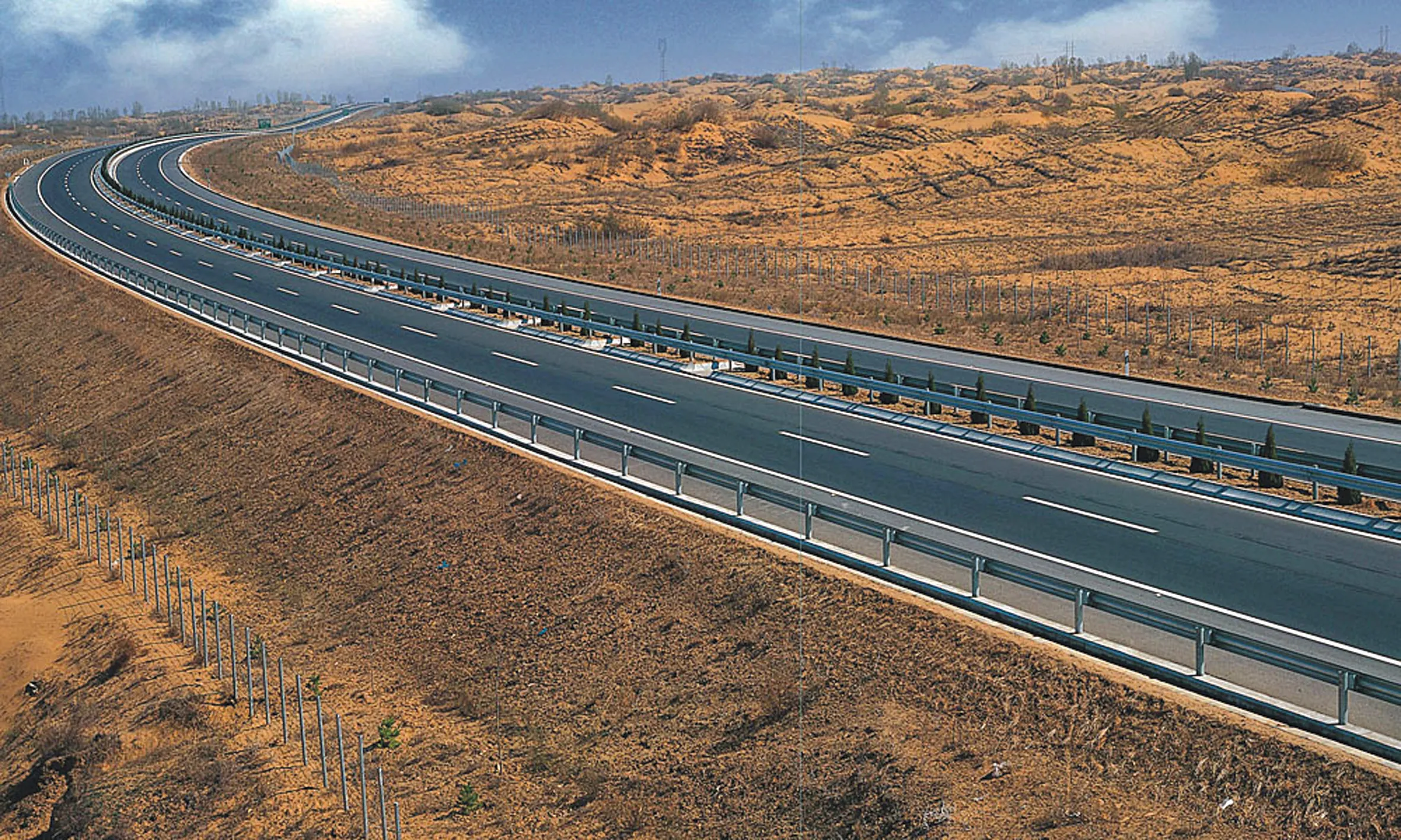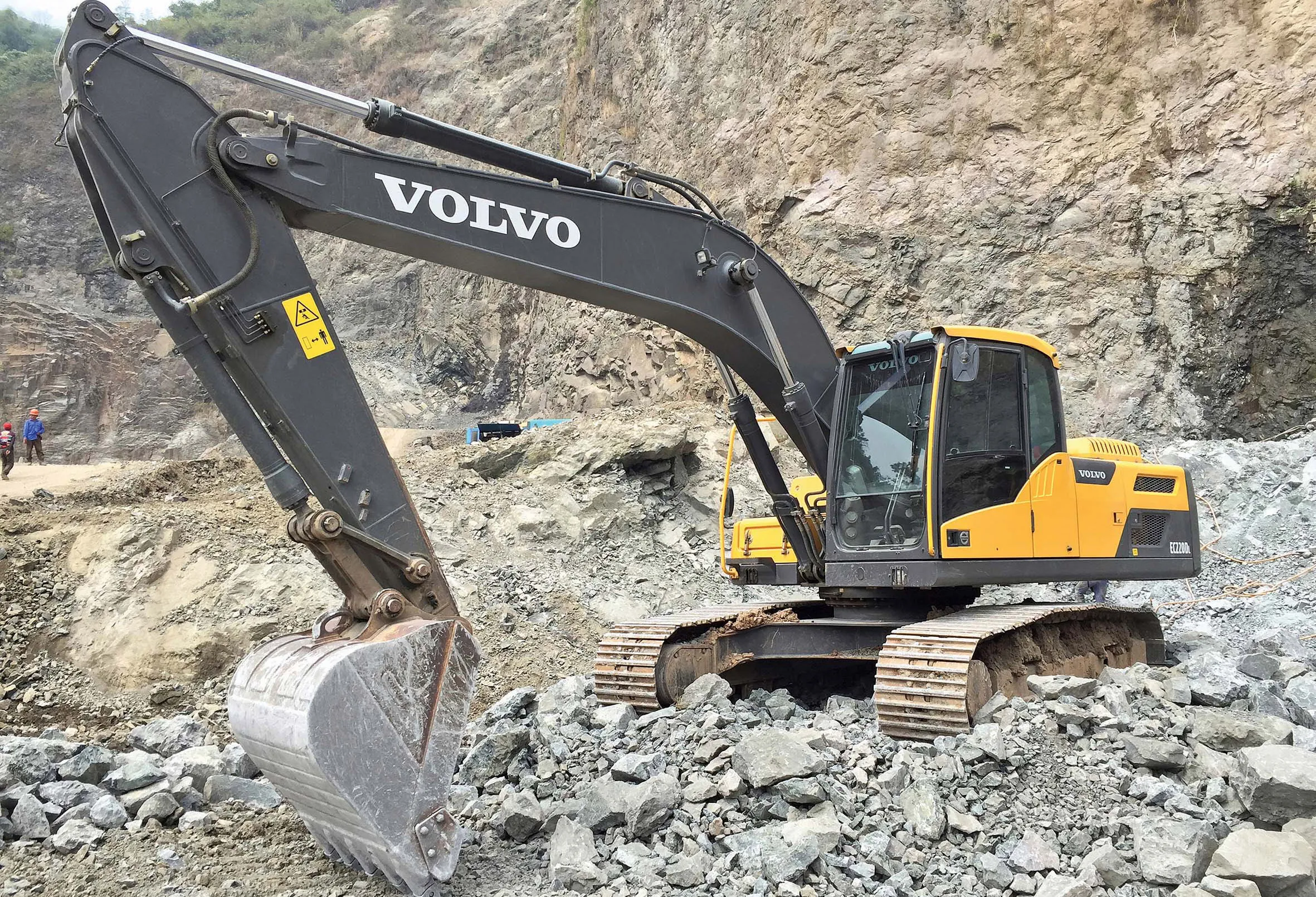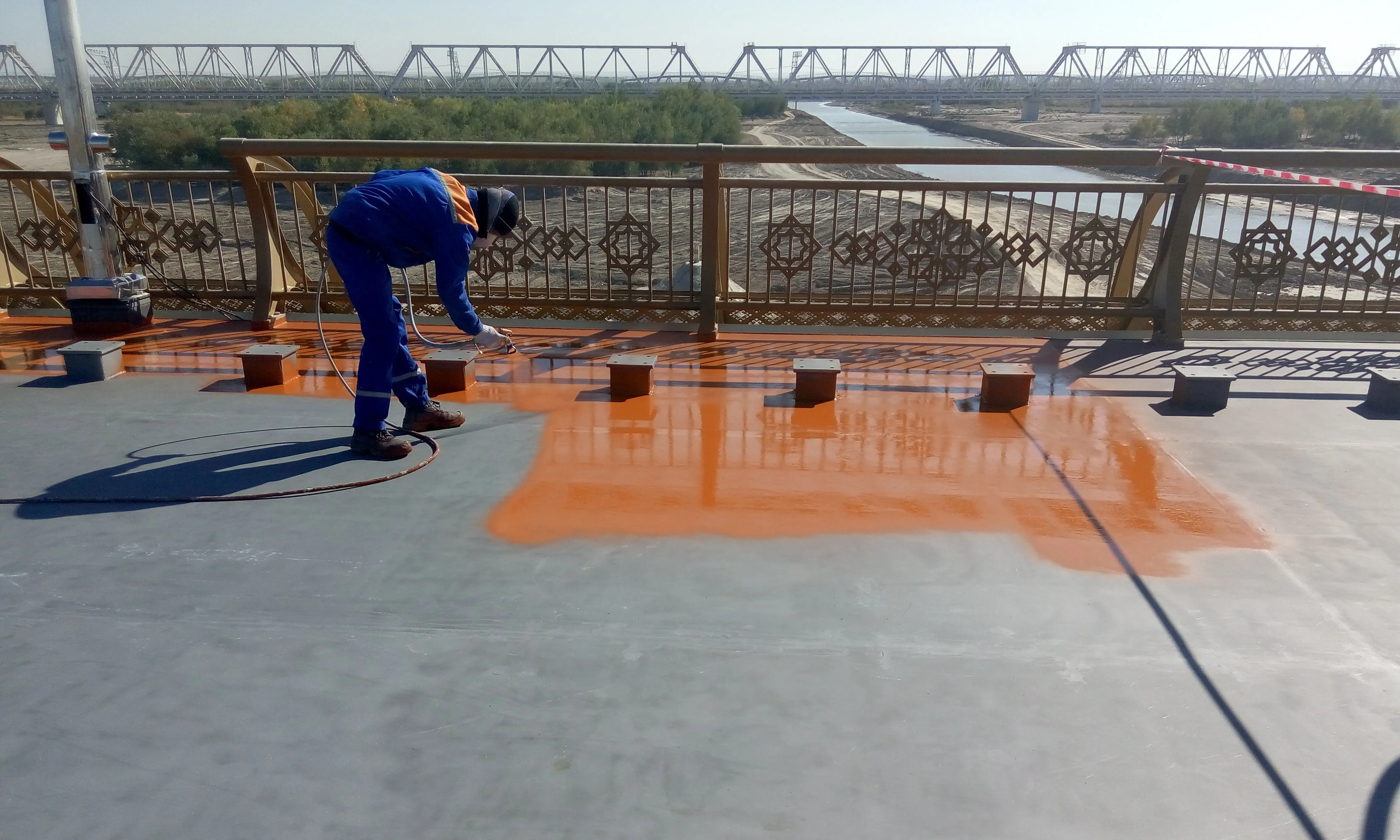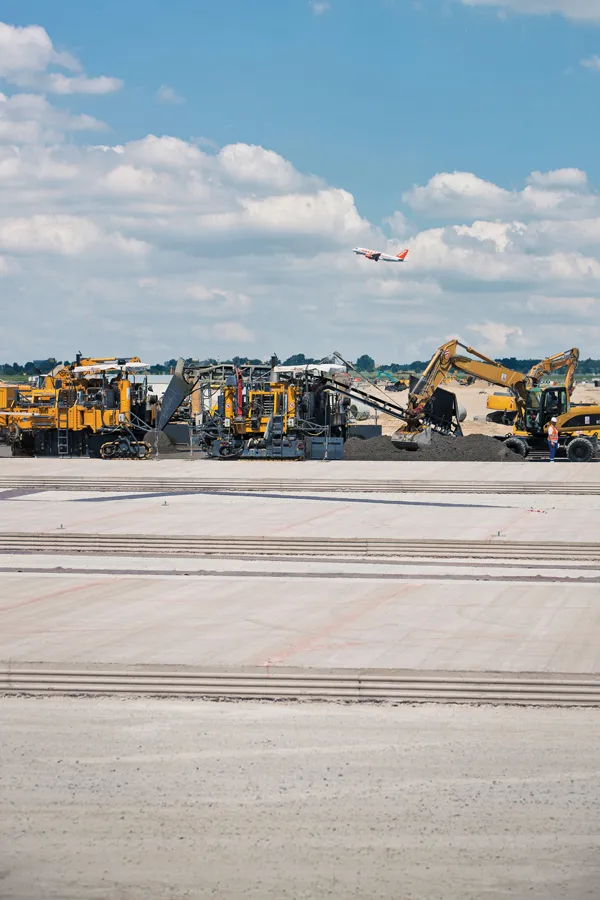The latest asphalt paving technology is now available and being utilised in novel ways to build and improve roads, often in challenging applications. Tough working environments, strict project deadlines and precise quality requirements are all posing engineering challenges for road construction projects around the world. For a number of asphalt paving applications, novel approaches and new technology are being employed to deliver projects on time and within specifications. In China, improvements to the coun
April 4, 2013
Read time: 4 mins

The latest asphalt paving technology is now available and being utilised in novel ways to build and improve roads, often in challenging applications. Tough working environments, strict project deadlines and precise quality requirements are all posing engineering challenges for road construction projects around the world. For a number of asphalt paving applications, novel approaches and new technology are being employed to deliver projects on time and within specifications.
In China, improvements to the country’s first desert expressway are providing an engineering challenge for the contractor working on the project. This route runs through the remote Ordos Desert (also known as the Mu Us Desert) and links Yulin city with Manggaitu on the border between Shaanxi Province and Inner Mongolia. The Yulin-Jingbian Expressway is 160km long and is being resurfaced by the Second Expressway Engineering Bureau ofThe road provides an important route for trade and transport in the area and the 10-year old surface was in need of improvement due to the increasing volume of traffic and heavy vehicles using the route. The main section of the highway stretches some 116km and has three connection lines in Yulin, Hengshan and Jingbian, adding a distance of 18km to the highway.
Work on the upgrade is underway and the contractor is using four machines supplied by
This green area provides a key environmental benefit as it protects the road surface from sand being blown onto the asphalt by the frequent gale-force winds that ravage the desert. To block off the elements, this area covers more than 100,000m2 and is being artificially seeded and planted with more than 60,000 trees, 28 million shrubs, flowers and grasses.
For CCCC, meeting the strict project deadlines is crucial. Bai Feiyang is CCCC’s section chief manager of operations and he said, “We are up against the clock on this project. Working in the middle of the desert can sometimes cause logistical difficulties and we have less than two years to complete the asphalt paving.”
The quality of the paving has to pass the Shaanxi Authority Road Bureau acceptance test at handover and again after 10 months of operation. “Equipment reliability is a key factor for paving quality since frequent downtime can result in the need for re-paving,” added Feiyang.
The Volvo DD118 compactors have been specifically built to handle diverse weather conditions, which suits the application in the Chinese desert. Meanwhile the P8820 paver is powered by a 182kW engine, which allows it to climb steep dunes. Maintenance of the machines is important and the dealer for the region, Xi'an Tongguan Construction Machinery (XATG), provides a service plan for all Volvo CE machines onsite. In addition, a representative from the dealership works with the construction team to ensure the machines’ productivity and efficiency.
As well as the pavers and compactors, two Volvo EC210B crawler excavators are also being used to deliver materials to the site and are heavily relied upon for the transportation of supplies to and from the team’s location. About 120 employees work at the nomadic construction site, moving up and down the desert highway.
The working conditions can be particularly problematic, giving rise to a number of challenges.
“The wind and dust reduce our visibility, which is hazardous because this job is all about creating a smooth and straight surface,” said Feiyang.









